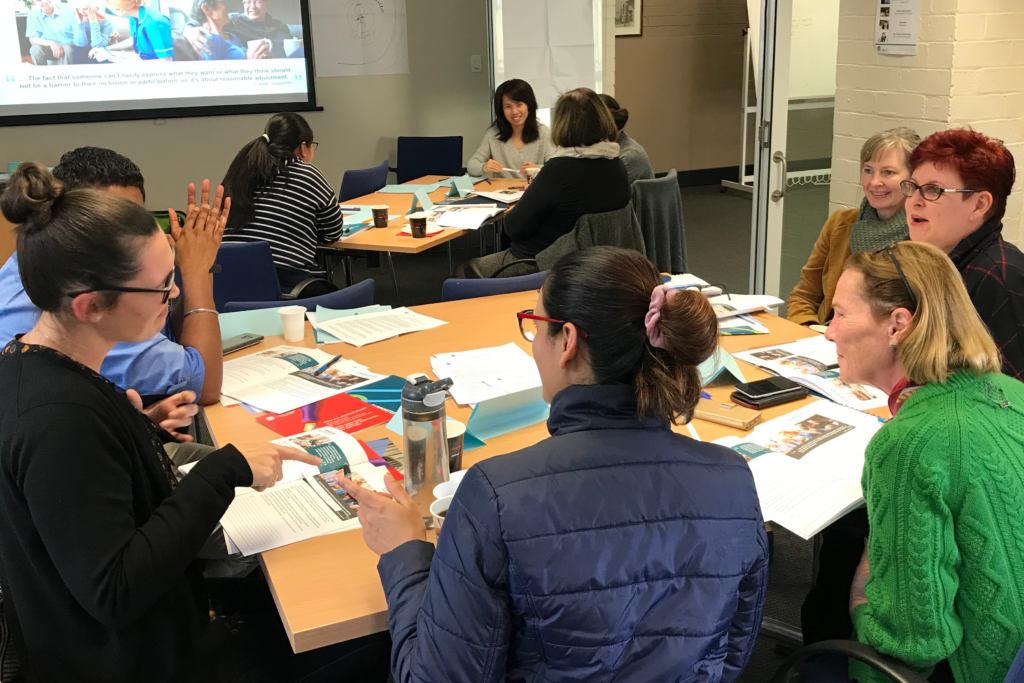Planning for your future care
The importance of a person-centred approach to care was highlighted in the recent Perth hearings at the Royal Commission on Aged Care Quality and Safety.
Dr Craig Sinclair, Lead Investigator of the CDPC project “Supported decision-making in dementia care,” appeared before the Commission as an expert in the field of advance care planning and supported decision-making.
How people can best prepare for their future care through advance care planning, how this can be different for people with dementia, and the rights-based approach to support a person to make decisions about their own care were discussed.
Dr Sinclair told the Commission that supported decision-making (SDM) principles allowed for people, including those with dementia, to have the appropriate supports to make decisions about their lives, even if their cognition was declining.
“It’s not something that is a purely independent thing,” explained Dr Sinclair. “Our decision-making capacity is not an all-or-nothing thing. In reality, and particularly for people with an age-related cognitive impairment, it’s a progressive and very gradual change.”
The CDPC project led by Dr Sinclair developed policy guidelines and training packages for residential aged care providers about the importance of supported decision-making and how to provide a person-centred approach to care.
The policy guide, “Supported Decision-Making in Aged Care: A Policy Development Guideline for Aged Care Providers in Australia” assists aged care providers in framing their policies in line with human rights principles and the National Decision-Making Principles. It also illustrates how embedding these Principles in policy and practice will assist in meeting the Aged Care Quality Standards introduced on 1 July 2019.
A series of training workshops, delivered by Sue Field, Adjunct Associate Professor of Elder Law at the Western Sydney University, and Carolyn Smith from the NSW Public Guardian, has provided health care workers with a better understanding of the key principles and concepts involved in supported decision-making and how to apply this in supporting people to make decisions in the aged care environment.
“The workshops have highlighted the human rights of people experiencing cognitive decline. All participants have been highly engaged in the process, which focuses on what the person wants, not just what they need,” explained Carolyn Smith.
This shift in thinking is crucial to the supported decision-making process and those in the aged care sector who have attended this course were enthusiastic in embracing the model,” she said.
A companion guide for people with dementia, their carers and families entitled, “Supported Decision-Making: A guide for people living with dementia, family members and carers” is also being distributed nationally.
Links
Aged care provider policy guide, “Supported Decision-Making in Aged Care: A Policy Development Guideline for Aged Care Providers in Australia”, guide for carers and families, “Supported Decision-Making: A guide for people living with dementia, family members and carers” and other resources available here
Supported decision-making informational webinar series:


